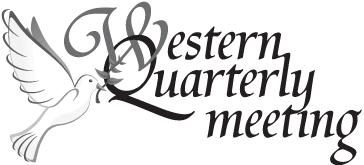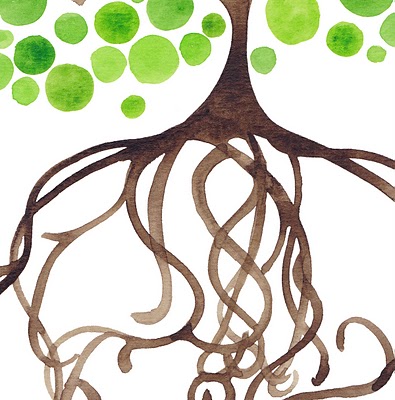Kennett Monthly Meeting put many, many months into planning our first residential retreat. The starting point was to name what the meeting wanted to get out of the experience so we began with a series of meeting-wide discussions (of course it did, because we are Quakers!). The conversation around what a retreat is and what we would like to get from such a weekend revealed something that is central to Friends’ experience that none of us had contemplated before. It is a “which came first” story, but it needs some context.
We began our discussion with the observation that while most faith-groups are homogenous in their beliefs (and expression of those beliefs) – Quakers are not. The Religious Society of Friends – and each meeting itself, I would say – is a deliberately heterogeneous society. This means we cannot assume that those sitting with us in the meeting room are experiencing worship the same way that we are. We can’t assume that they even believe the same things we do. Among the 40 or so regular attenders at Kennett we have atheists, non-theists, poly-theists, Christ-centered Christians, Light-centered Christians, Buddhist Quakers, and the list goes on! As much as we lament our lack of social diversity in our meetings, we have found quite a bit of religious diversity in ours. Right away we recognized these differences (and our assumptions about “Quakers”) to be a potential source of tension in the meeting. So we laid the foundation, that everyone seeks to feel safe, be recognized (seen) and affirmed (accepted) within the group. This is what we seek to do even (or especially) with those whose beliefs differ from our own. (Another Friend I know would insist at this point that “Quakerism is NOT a belief! It is a practice!” While I agree, that is a topic for another time.)
We held our first retreat discussion as a worship-sharing, and nearly everyone spoke. As facilitator of the group, I was afraid people would express such divergent desires about the retreat that we wouldn’t be able to find common ground, but to my surprise every response fell into one of two categories: 1) a desire for a deeper worship experience, or 2) a desire for building stronger community with each other. The push-pull between these two groups became quite intense (though never antagonistic) and in seeking clarification we learned that, for some of us, worship comes first, and community is built upon that, and for others community comes first – which leads to deeper worship.
I don’t know that there is a “right” answer to this conundrum, but I have given it a lot of thought and this new filter sheds light on a few things. It explains why some are concerned with ending meeting “on time” so we can get to fellowship, while others are content to sit, eyes closed, on the facing bench, waiting for the sense of the meeting to be right, not the clock. It explains why we see some Friends only for worship or committee work, and others happily teach FDS or create events for us to participate in. It explains why it has been suggested in our meeting (more than once over the years) that we enter the meeting room in silence, beginning worship in a mindful state. Yet there is always whispered chatter as Friends greet each other anyway. It explains why some people say they don’t need to come to Meeting for Worship to be Quaker, and it explains why for others the very essence of Quakerism is worshiping together.
I’ve come to feel that it doesn’t so much matter “which came first” as long as both elements are strong within the meeting. Worship without community results in a dwindling meeting, while community without worship at its core is subject to whims and strife – and egos. We need a strong community to earn each other’s trust, allow ourselves to open to the Spirit, and be vulnerable. We need to keep worship at the heart of why we gather because it is through worship that we transcend our religious (and other) differences, seeking Truth, guidance, the way forward – the Sense of the Meeting. And where would we be without that?
This Article by Sarah Kastriner appeared in the PYM Worship & Ministry Thread Letter. To see where this was originally published go to: http://www.pym.org/online-newsletters/


Comments are closed.